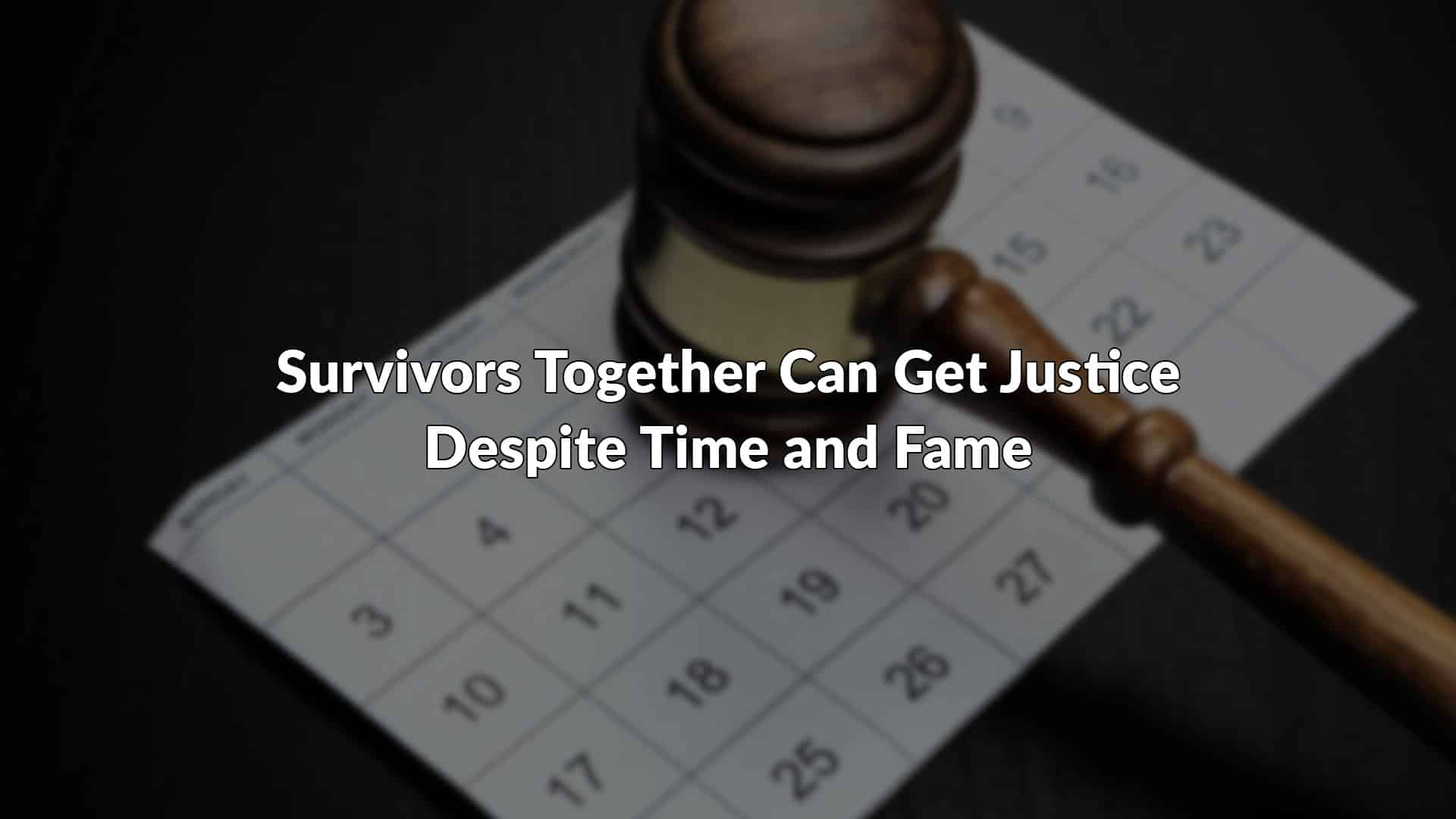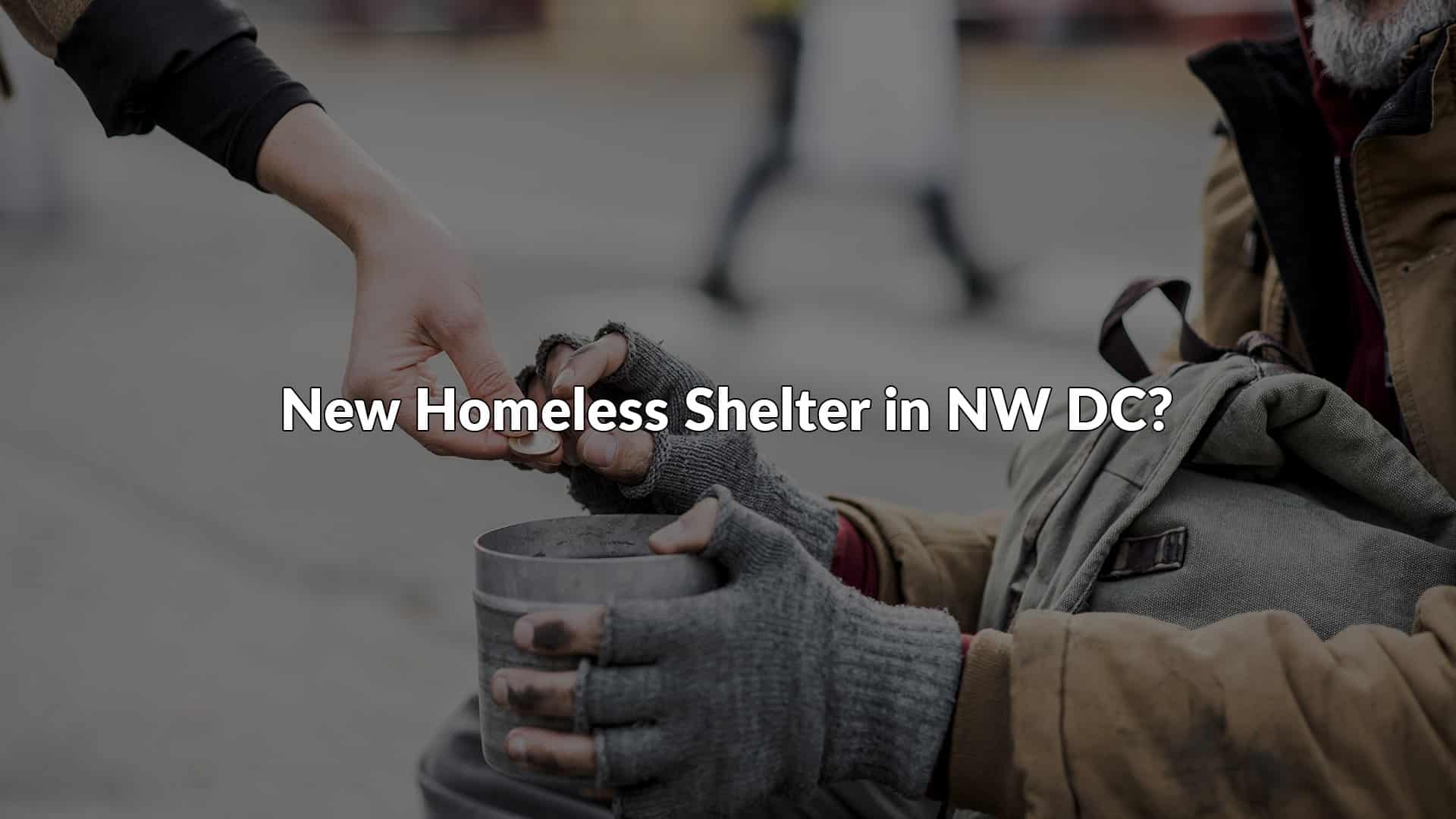Below is a summary of the bills that Amara supported this session and their respective outcomes. We are grateful to the dedicated legislators who sponsored and voted for these bills and to our fellow stakeholders committed to advocating on behalf of trafficking survivors in Maryland. Amara will continue to support our clients and represent their interests in the General Assembly.

Senate Bill 220 / House Bill 1279: Police Training Commission – Training Commission – Human Trafficking
Outcome: Passed
Summary: Under Senate Bill 220/House Bill 1279 the Maryland Police Training and Standards Commission (MPTSC) will be required to expand its curriculum to include mandatory entrance-level and in-service police training on criminal laws pertaining to human trafficking and on the identification and appropriate treatment of victims of human trafficking. The Amara Legal Center supported this bill because given the nature of the crime and the experiences of the victims, educating police officers is key to effectively combating human trafficking in Maryland.
Senate Bill 221 / House Bill 258: Adult Entertainment Establishments – National Human Trafficking Resource Center Hotline Information – Sign Posting Requirements
Outcome: Passed
Summary: Senate Bill 221/House Bill 258 adds adult entertainment establishments to the list of businesses, which already includes truck stops and bus stations, required to post a National Human Trafficking Resource Center (NHTRC) hotline information sign in each restroom. Owners of such establishments that fail to post the required sign may be subject to a civil penalty. The Amara Legal Center supported this bill because NHTRC hotline signs are a tool for raising awareness of human trafficking and requiring their placement in adult entertainment establishments could provide crucial information to individuals who may be at risk of being victims of human trafficking
Senate Bill 222 / House Bill 276: Human Trafficking – Civil Actions – Statute of Limitations
Outcome: Failed
Summary: Senate Bill 222/House Bill 276 proposed to extend the statute of limitations for several civil claims relating to human trafficking from three to ten years. The Amara Legal Center supported this bill because the current limitations period is simply too short to allow survivors of human trafficking who seek to file civil claims against their abusers to have their day in court. The extent of the trauma incurred by survivors, coupled with the additional legal hurdles they face, should be recognized and reflected in the time available for them to access justice and seek civil remedy in Maryland.
Senate Bill 308 / House Bill 632: Child Abuse – Sex Trafficking (Protecting Victims of Sex Trafficking Act of 2017)
Outcome: Passed – Signed into Law by Governor
Summary: Senate Bill 308/House Bill 632, the Protecting Victims of Sex Trafficking Act of 2017, was proposed as part of the Governor’s Justice for Victims Initiative, passed unanimously in both the House and Senate and has already been signed into law. The law alters the definition of “sexual abuse” in Maryland’s child abuse provisions to include sex trafficking, regardless of the victim’s relationship with the abuser. The express inclusion of sex trafficking in the definition of sexual abuse will enhance the ability of law enforcement official and social service providers in Maryland to identify and protect children who have been victims of sex trafficking and minimize the negative impacts of trafficking on their lives. The Amara Legal Center supported this bill because it will help ensure minors who have been exploited for the purpose of commercial sex are afforded the same protections as victims of other forms of child abuse.
Senate Bill 480 / House Bill 502: Criminal Procedure – Shieldable Conviction – Motion to Vacate Judgment
Outcome: Failed
Summary: Senate Bill 480/House Bill 502 proposed amendments to strengthen Maryland’s vacatur statute. The bill would have increased the number of convictions eligible for vacatur to include common trafficking-related offenses beyond prostitution and lessened the procedural burden placed on survivors seeking post-conviction relief. The Amara Legal Center supported this bill because the barriers created by a criminal record hinder many of our clients as they try to move forward from their trafficking experience. In 2011, Maryland established itself as a leader on this issue when it became the second state in the country to enact a law along survivors of human trafficking to vacate their convictions for prostitution offenses but there are still significant gaps in the statute’s reach. Maryland needs to expand its vacatur law to enable more survivors to rebuild their lives.
Senate Bill 616 / House Bill 1208: Victims and Witnesses – U Nonimmigrant Status – Certification of Victim Helpfulness
Outcome: Failed
Summary: Senate Bill 616/House Bill 1208 aimed to clarify the process for victims of criminal activity, including human trafficking, to be certified as “helpful” for purposes of applying for U Nonimmigrant Status Visa (U Visa). U Visas are available to victims who have been certified as helpful to law enforcement officials in the investigation of criminal activity and provide those victims with temporary immigration relief and an opportunity to apply for lawful permanent resident and employment authorization. The Amara Legal Center supported this bill because strengthening and clarifying the process for victim relief through the U Visa program in Maryland would encourage undocumented trafficking victims to come forward, connecting some of the state’s most marginalized victims with the resources available for their recovery and helping Maryland law enforcement officials bring more perpetrators of human trafficking to justice.
Senate Bill 1016 / House Bill 1307: Labor and Employment – Regulation of Farm Labor Contractors
Outcome: Failed
Summary: Senate Bill 1016/House Bill 1307 would have established licensing and disclosure requirements for foreign labor contractors operating within Maryland and authorized foreign workers to bring civil actions against contractors for violations of those regulations. The Amara Legal Center supported this bill because labor trafficking victims, especially women and girls, are also vulnerable to sexual exploitation. Stronger regulation of foreign labor contractors can help protect foreign workers in Maryland from all forms of human trafficking.
Senate Bill 1017: Workgroup to Study Safe Harbor Policy for Youth Victims of Human Trafficking – Sunset Extension
Outcome: Passed – Signed into Law by Governor
Summary: Senate Bill 1017 was originally introduced to establish the Maryland Human Trafficking Advisory Council, a nongovernmental advisory body composed of survivors of human trafficking to participate in the development and continued assessment of the state’s polices related to trafficking. The Amara Legal Center supported the bill because survivors should play an important role in finding solutions to end human trafficking in Maryland and connect survivors with the resources they need. After the Senate Judicial Proceedings Committee’s hearing on Senate Bill 1017 and Senate Bill 1018, the committee amended the bill to extend the sunset of the Maryland Workgroup to Study Safe Harbor Policy for Youth Victims of Human Trafficking instead. The amended bill passed both chambers unanimously and has already been signed into law. Amara will continue to support the Safe Harbor Workgroup and advocate for the establishment of the Maryland Human Trafficking Advisory Council and other opportunities for engaging survivors and incorporating their expertise in the policy-making process.
Senate Bill 1018 / House Bill 1202: Human Trafficking Victims – Establishment of Workgroup* (*Cross-filed bills were not identical)
Outcome: Failed
Summary: Based on the recommendation of the Maryland Safe Harbor Workgroup, Senate Bill 1018/House Bill 1202 proposed the establishment of the Workgroup to Study Single-Point Entry for Services and Criminal Immunity for Victims of Human Trafficking to address a statewide need to better connect minor trafficking victims with appropriate resources. The new workgroup would have been tasked with designing a plan for a single point of entry to services for all minor victims of human trafficking in the state and exploring the possibility of providing immunity in connection with participation in services for minor trafficking victims charged with criminal offenses or delinquent acts. House Bill 1202 also would have required circuit administrative judges to establish a diversionary docket for minor victims of human trafficking. The Amara Legal Center supported this bill because minor survivors of human trafficking deserve a just and comprehensive response to their unique needs. While Senate Bill 1018/House Bill 1202 failed, the legislature did amend and pass SB 1017 to extend the termination date of the Maryland Safe Harbor Workgroup from June 2017 to June 2019 to continue the study of legal protection and service provision for youth victims of human trafficking in Maryland.



